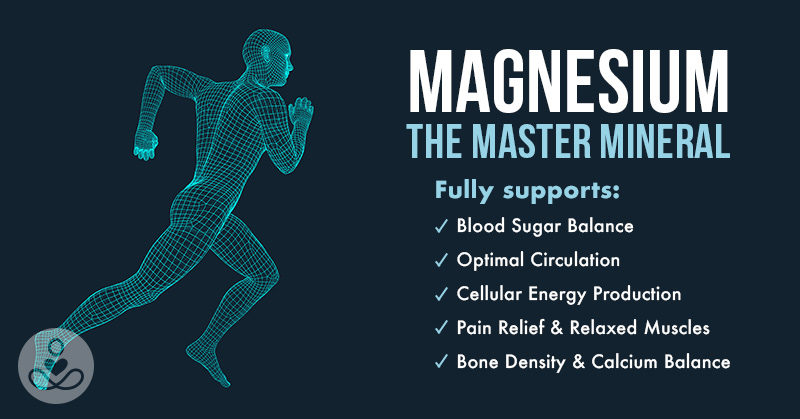This site contains product affiliate links. We may receive a commission if you make a purchase after clicking on one of these links
It’s remarkable how a deficiency in just one nutrient can have such a profound impact on your overall health. The modern diet has changed significantly over the years, leading to an increase in health issues that were once uncommon. Dealing with chronic nutrient deficiencies has become a common challenge for many individuals.
Magnesium stands out as one of the most prevalent nutritional deficiencies. It can be quite challenging to obtain an adequate amount from dietary sources, and yet, the body heavily relies on magnesium for numerous vital processes. Discovering whether you have a magnesium deficiency and taking steps to address it can significantly improve your overall health.
Why Is It So Hard to Get Enough Magnesium?
Several factors contribute to the widespread prevalence of magnesium deficiency:
- Food overprocessing has led to reduced magnesium content in many ingredients.
- The increased consumption of dairy products, high in calcium and phosphorus, can elevate the body’s magnesium requirements.
- Exposure to aluminum, found in various everyday items, hampers magnesium absorption.
- Inadequate consumption of magnesium-rich foods in modern diets.
Additional risk factors for magnesium deficiency include gastrointestinal and renal disorders, heavy alcohol consumption, and aging.
32 Signs That You Have a Magnesium Deficiency

- Anxiety
- Seizures
- Dizziness
- Confusion
- Cystitis
- Memory loss
How to Fix the Magnesium Deficiency Problem Now
Magnesium Rich Foods Include:
- Pumpkin seeds
- Spinach
- Swiss chard
Ensuring an adequate daily intake of magnesium is crucial for optimal health. Incorporating magnesium-rich foods into your diet is beneficial, but supplementation may also be necessary. Opt for bioavailable oral supplements or consider transdermal magnesium options for enhanced absorption and potential pain relief benefits.






